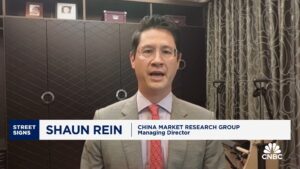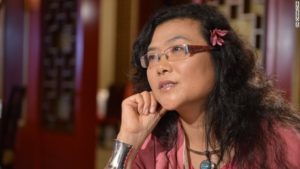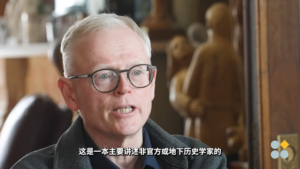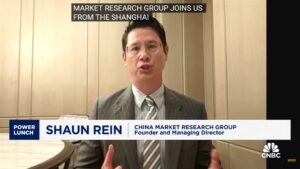
Consumer confidence is at a low, says business analyst Ben Cavender. But the current crisis has offered Chinese brands to improve their international positioning, and they will rise as winners internationally when China’s job market is back in three to five years, he adds, in the Sydney Morning Herald.
The Sydney Morning Herald:
China grew 4.7 per cent in the second quarter of 2024, slower than the 5.1 per cent predicted by economists as nervous foreign investors pulled a record £12 billion out of the country over the same period, in blow to President Xi Jinping.Some fear the world’s factory is now in overdrive as shrinking profits force producers to ramp up output just to get enough cash to service their debts.
Prices across the economy were shrinking at the end of 2023 and have only just started rising again, climbing 0.5 per cent in July from a year ago. “I’m optimistic that in three to five years, the job market will recover and be thriving again,” she says.Ben Cavender, managing director at China Market Research Group says it is clear that Chinese consumers have been tightening their belts.“Consumer confidence is low right now, and if anything getting lower,” says Cavender, who is based in Pudong, near Shanghai.
“Chinese brands took advantage of Covid to become much better at brand positioning and marketing, and can be as competitive or more competitive than foreign brands now in a lot of categories,” says Cavender. The industry, which has fuelled the explosive credit growth in recent years, has enabled an easier flow of credit to small and medium enterprises.
International tensions are another worry. Donald Trump has already vowed to escalate its trade war with China if he returns to the White House next year, while Kamala Harris said this week that as president she would ensure “America, not China, wins the competition for the 21st century”. Fears about overcapacity are creating more trade tensions, with many countries including the UK worried about being flooded with cheap cars in order to meet net zero targets.
“But in terms of getting things done, they can never win against the Chinese. So they are basically deluding themselves. The issue is that they don’t want to accept that China is going to be the largest economy.”
More in the Sydney Morning Herald.
Ben Cavender is a speaker at the China Speakers Bureau. Do you need him at your meeting or conference? Do get in touch or fill in our speakers’ request form.
Are you looking for more consumption experts at the China Speakers Bureau? Do check out this list.












